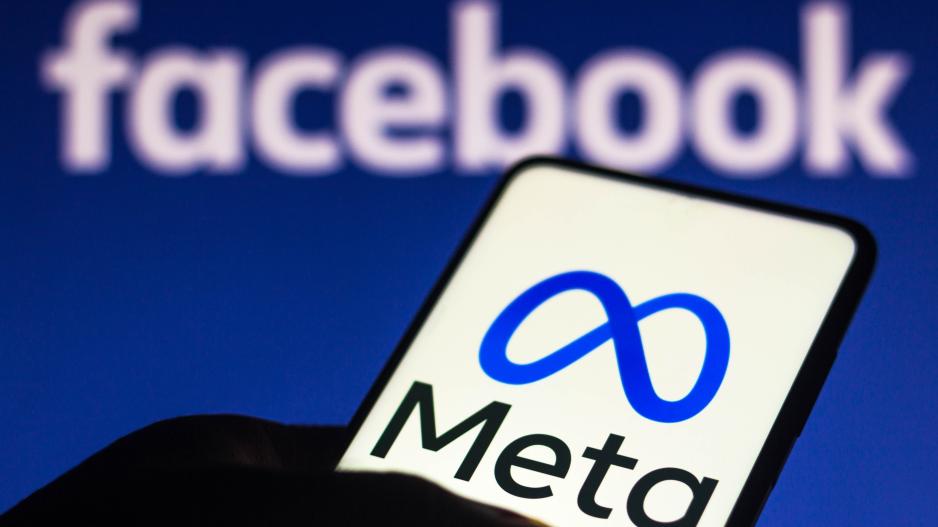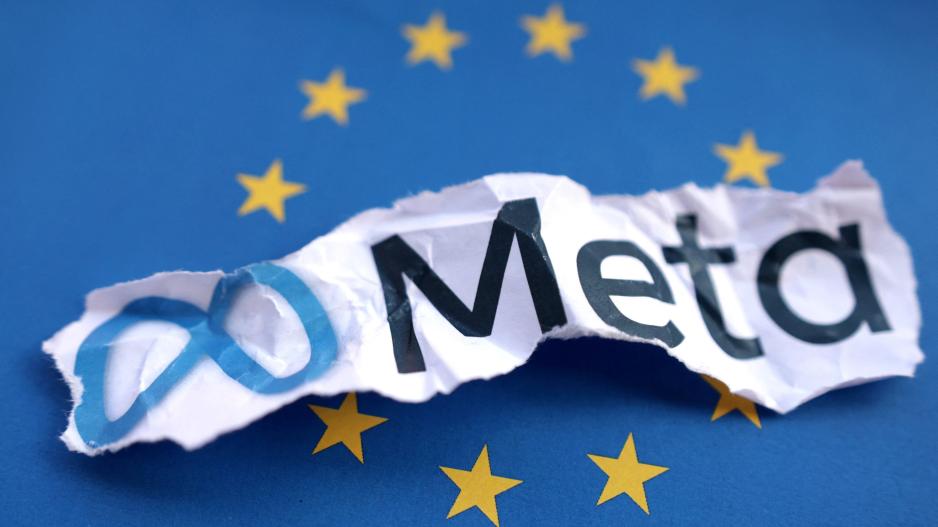Meta Considers Launching Subscription-Based Ad-Free Model Amid EU Privacy Concerns
Meta Mulls Over €10 Monthly Fee for Ad-Free Desktop Experience; Mobile Costs Expected to Rise to €13 Amid App Store Charges
In a groundbreaking move, Meta is weighing the option to offer ad-free versions of Facebook and Instagram to European users, in an effort to fall in line with the stringent data privacy regulations set by the European Union. These regulations have posed significant challenges to Meta's primary advertising-based revenue model.
Reports suggest that users could soon pay approximately €10 a month to experience an ad-free environment on desktop versions of the platforms. This price is set to escalate to around €13 for mobile users, considering the added charges by Apple and Google app stores for in-app transactions.
While this proposal is in its nascent stages, it has sparked a debate on its legality and fairness. German MEP Patrick Breyer argues that it contradicts European laws, insisting that users shouldn't have to pay to safeguard their privacy. Breyer emphasizes that there are alternative advertising methods that don't compromise user data.
On the other hand, Professor Vagelis Papakonstantinou from the Free University of Brussels believes that private online entities, like Meta, are at liberty to modify their business approaches, as long as they adhere to market regulations. He is curious about the transition, particularly for long-term users who have curated profiles under previous terms.

Meta's potential subscription plan, tentatively titled "SNA" (Subscription No Ads), emerges after a pivotal ruling from the European Court of Justice in July. This judgment mandated that under the General Data Protection Regulation (GDPR), Meta could not utilize personal data for targeted advertising unless they obtain clear user consent.
While Meta continues its discussions with Ireland’s Data Protection Commission and officials in Brussels, it is notable that other platforms like TikTok are also contemplating similar subscription-based models.
This strategic shift underscores the mounting regulatory pressures faced by tech giants in Europe. With the introduction of the EU's Digital Markets Act, companies must obtain unequivocal user consent before data tracking for ads. Alongside this, the Digital Services Act, effective since late August, seeks to address issues of online hate, child abuse, and misinformation.
Meta's potential pivot to a subscription model also resonates with founder Mark Zuckerberg's prior statements. While he maintains that there will always be a complimentary version of Facebook available, he did not rule out the possibility of a premium, paid version.
Regardless of the direction Meta chooses, the overarching narrative is clear: the digital landscape in Europe is rapidly changing.






